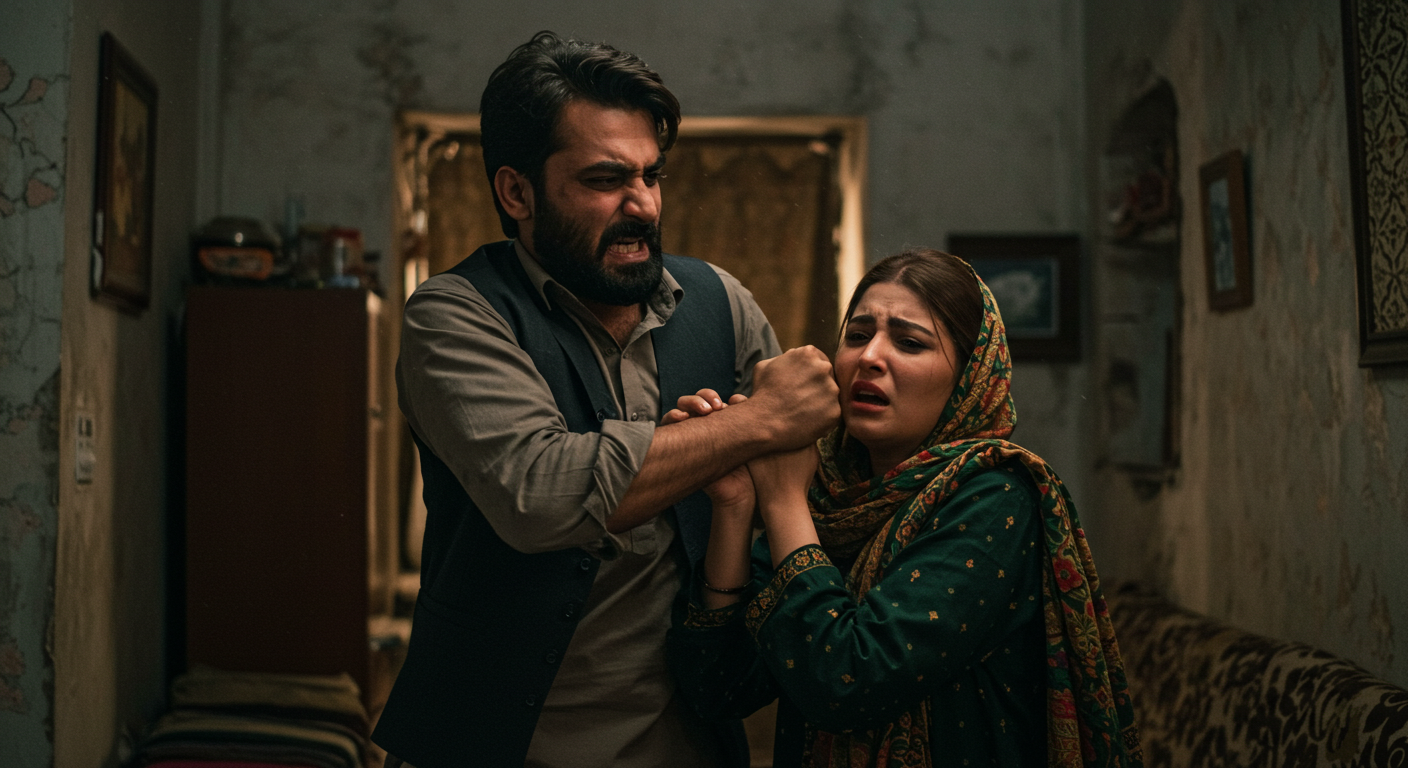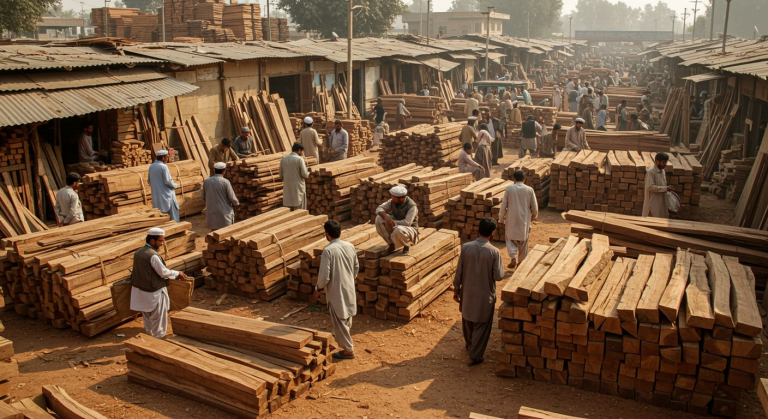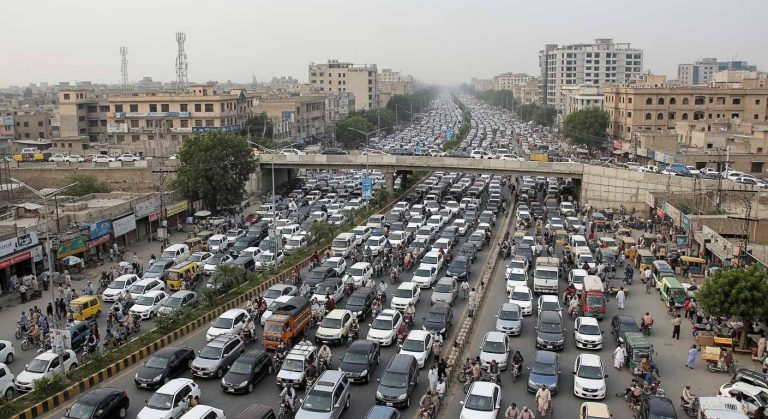Domestic Violence in Okara Highlights Struggles of Unemployment and Mental Stress

Okara: July 2025
In a deeply troubling case that has sparked concern across the city of Okara, a man struggling with long-term unemployment has allegedly been abusing his wife regularly. The disturbing behavior is believed to be rooted in mental frustration caused by poverty, hopelessness, and the lack of support systems for jobless individuals in the region.
This incident has not only drawn the attention of local authorities and NGOs but has also reignited conversations about the link between unemployment, stress, and domestic violence in many parts of Pakistan.
The Case: A Cry for Help
According to local sources, the man, aged around 35, has been unemployed for over two years. Despite making multiple attempts to find work in the local market and nearby cities, he failed to secure a stable income. Over time, this led to mental stress, emotional frustration, and a sense of helplessness.
Sadly, instead of seeking professional help or community support, the man took out his anger and frustration on his wife. Neighbors reported hearing shouts and sounds of violence almost every evening.
One neighbor said:
“Loud arguments and sobs were frequently heard coming from their home. At first, we thought it was a typical domestic dispute, but it became regular and more violent.”
Victim’s Statement
The wife, in her mid-30s, finally spoke up after suffering months of silent pain. With the help of a local women’s welfare organization, she was able to file a complaint at the Okara City Police Station.
In her statement, she explained:
“He was not always like this. But after losing his job, he changed. Every little thing made him angry. He used to hit me for not making tea on time or if the food didn’t taste right. I was scared every day.”
She also revealed that her husband’s mental health had been deteriorating, and he had stopped socializing or trying to look for new work.
Police Action and Legal Support
Following the complaint, local police have detained the man for questioning and have promised a fair investigation. The police spokesman said:
“We take domestic violence cases seriously. We are looking into both the abuse and the mental health condition of the suspect. Legal action will follow according to the evidence.”
The case has been forwarded to the Family Protection Unit, and legal aid has been arranged for the victim. Meanwhile, she has been offered temporary shelter and counseling through a local NGO-run safe house.
The Bigger Picture: Unemployment and Mental Pressure
This tragic case is not an isolated incident. In many cities across Pakistan, especially in semi-urban and rural areas like Okara, joblessness and financial pressure often lead to serious mental health issues.
Psychologist Dr. Afshan Malik, who has worked with low-income families in Punjab, explains:
“When a person remains unemployed for a long time, it can affect their self-worth. They start feeling like a failure. Without mental health support, these feelings turn into anger, frustration, and, in some cases, violence.”
She also pointed out that domestic violence is often the first outlet for such frustration, especially in societies where men are expected to be the sole breadwinners.
Lack of Support Structures
Okara, like many other parts of southern Punjab, lacks sufficient mental health services and job-placement programs for unemployed youth and adults. While government-run employment schemes do exist, they are often slow and difficult to access.
Many unemployed people are left with no emotional support, no counseling, and no clear direction for improving their lives.
Additionally, domestic violence victims in these areas have limited options. Fear of social stigma, financial dependency, and lack of awareness about legal rights often stop women from speaking up.
What Needs to Change
This case has prompted local organizations to call for urgent reforms, including:
- Mental health support centers for unemployed individuals
- Hotlines and shelters for domestic violence victims
- Public awareness campaigns about anger management and stress
- Skill-building programs and quick employment placement initiatives by the government
- Community-based counseling programs that engage men and families
Local MPA (Member of Provincial Assembly) Ms. Saima Javed issued a statement, saying:
“This tragic event should serve as a strong reminder for us to reflect and act responsibly. We will push for mental health support and fast-track skill development programs in Okara to prevent such cases in the future.”
Hope for the Future
The abused wife has started rebuilding her life with help from the women’s shelter. She is now getting psychological help, legal assistance, and skill-based training for a better future. Local NGOs hope her courage will inspire other women to break the silence and seek safety.
Meanwhile, the case serves as a harsh reminder that joblessness doesn’t just affect the individual—it can destroy families, relationships, and communities. It is a social issue that requires collective solutions, not just police action after a tragedy.
Conclusion
This case from Okara is painful but important. It shows how poverty, silence, and lack of support can turn an ordinary home into a place of daily suffering. It is time for society, the government, and civil institutions to come together to provide better mental health care, economic opportunities, and legal protection for vulnerable citizens.



